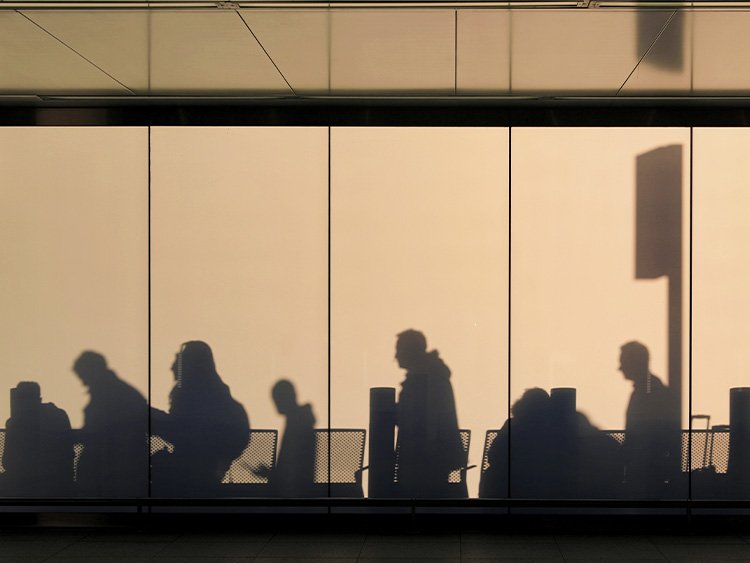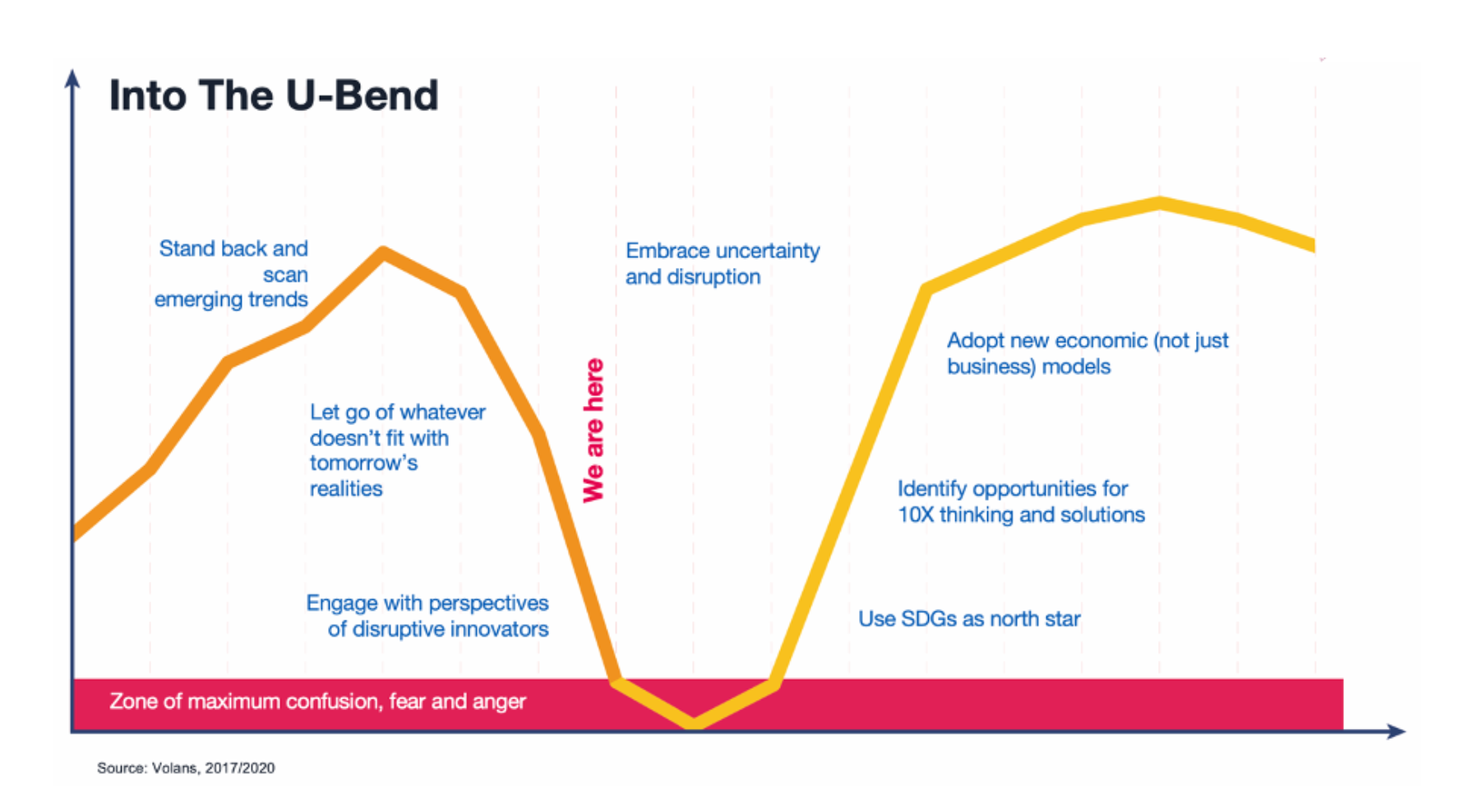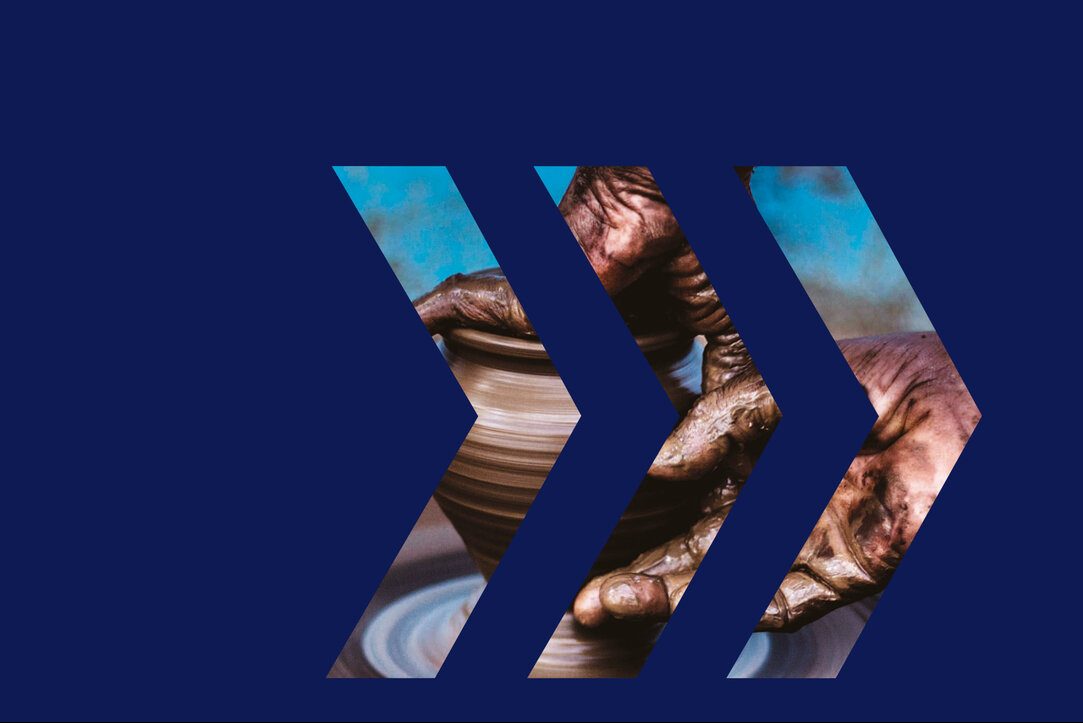
Yolanda Suen/Unsplash
Brand value. Intangible assets. Social capital. The range of terms used to sell trust expands constantly. But so, too, does the casebook of calamities. The Dutch coined the proverb “trust arrives on foot, but leaves on horseback”, but there is no national monopoly on blunders denting our faith in people, brands or institutions. Think of Boeing in America, Vale in Brazil, Carillion and P&O in Britain, vaccination in China, or VW in Germany. Trust can now depart like a Tesla.
This matters because, as Edelman explains in the 2022 version of their Trust Barometer, trust is “the ultimate currency in the relationship that all institutions – companies and brands, governments, NGOs and media – build with their stakeholders. Trust defines an organization’s license to operate, lead and succeed. Trust is the foundation that allows an organization to take responsible risk, and, if it makes mistakes, to rebound from them.”
We used similar arguments at SustainAbility in the 1990s in launching our ‘Engaging Stakeholders’ platform, alongside the UN. Our aim is to help evolve greater levels of societal trust in business, lubricating the sustainability transition. Systemic change, we concluded, would be quicker, cheaper and more effective with higher levels of trust.
Sustainability reporting surged, but the net result has been disappointing. Everywhere, trust is in retreat. As Edelman notes, “We find a world ensnared in a vicious cycle of distrust, fueled by a growing lack of faith in media and government.”
The continuing erosion of trust in institutions
Will we turn a corner soon? No, though new dynamics are evolving. Rachel Botsman spotlights three steps in trust-building: the ‘California Roll’ principle (make the novel seem familiar), tackling the ‘what’s in it for me’ barrier, and mobilizing ‘trust influencers’.
These are all sensible, but the evidence suggests that trust levels will decline well into the 2030s. There will be exceptions, with individual leaders, countries, organizations and initiatives shrugging off wider declines. And there are teachable lessons on how to manage and grow trust. But, overall, expect a continuing erosion of trust in the institutions of capitalism, globalization and democracy. Why?
We are stumbling into a global ‘U-Bend,’ where – once again – an old order comes apart, while new ones struggle to find their feet.
I explore the drivers in my latest book, Green Swans. Early on, I sketch where the future seems to be taking us (see diagram below). Bluntly, we are stumbling into a global ‘U-Bend,’ where – once again – an old order comes apart, while new ones struggle to find their feet.

Geopolitical and macroeconomic realities taken for granted since WW2 are disintegrating. China and Russia are turning their backs on what they see as a waning world order. Until we fix our global plumbing, trust levels will not regain their former highs, stuck in the U-Bend. Expect growing confusion, fear and anger.
Current responses to disruption aren’t fit for purpose
Businesses, industries, economies and even civilizations collapse. It is the natural order, and part and parcel of capitalism. The drivers include testosterone (think Putin), greed (recall the 2007-2009 contained depression) and myopia (the list is endless).
Deeper currents are at work, too. Recall Joseph Schumpeter’s ‘gales of creative destruction.’ These implode old economic orders, radically shifting patterns of trust as elites lose their grip. Creative destruction is now simultaneously disrupting capitalism, democracy and globalization, so future declines in trust are pretty much baked in.
They may swap their decks of cards, but play the same old game.
Most current responses are unfit for purpose. Think of the current feeding frenzy around environmental, social and governance (ESG) investing. This underscores just how weak a grip most financial people have on the forces now in play. They may swap their decks of cards, but play the same old game aboard the economic equivalent of the White Star Line’s ill-fated liner in 1912.
Most passengers on the Titanic trusted claims that the liner was unsinkable, just as we trust claims that today’s capitalism is sustainable.
Meanwhile, we continue to trust modern corporations even as they mislead, intentionally or not. Remember Carillion, the British supply chain company? I remember reading their latest ‘sustainability’ report, launched days before they collapsed into bankruptcy.
“Businesses without visionary engagement, inspiring stories, responsible compliance or public trust,” their Chief Sustainability Officer intoned, “are businesses without competitive futures. For Carillion, sustainability is how we shape our competitive future, how we add value and how our people create even more inspiring stories for a better tomorrow.”
That text vanished from their website as bankruptcy loomed.
The regenerative economy
Clearly, our trust in business must be relative, informed and, crucially, critical. Healthy governance systems – the anchoring element in ESG – can moderate the excesses of capitalism, but not remove them.
“Trust but verify” was the Russian proverb adopted in nuclear disarmament negotiations. It should now shape all our interactions with business and financial markets. And the verification component will be make-or-break.
We must also challenge our own thinking. Back in 2018 I launched the first-ever product recall for a management concept, via the Harvard Business Review. My focus was on the Triple Bottom Line, which I had introduced in 1994. Ultimately, I concluded, “we have a hard-wired cultural problem in business, finance and markets. Whereas CEOs, CFOs, and other corporate leaders move heaven and earth to ensure that they hit their profit targets, the same is very rarely true of their people and planet targets. Clearly, the Triple Bottom Line has failed to bury the single bottom line paradigm.”
The change agenda for business is expanding from responsibility, through resilience to regeneration.
But paradigms are shifting – and the change agenda for business is expanding from responsibility (‘corporate social responsibility’), through resilience (recall how supply chains are being disrupted by the pandemic and war) to regeneration. On the third of these, giant companies like Walmart, Pepsico and Unilever are now talking up their commitment to the ‘Regenerative Economy.’
Again, trust, engage – and verify.
Only when such actors commit heart and soul to systemic transformations will there be any chance of building deep, lasting reservoirs of trust. The challenge will be toughest for those surfing tomorrow’s tsunamis – and if you want clues as to the scale of those impending disruptions, track down RethinkX.
Paradoxically, though, trust-building may ultimately be easier for successful disruptors.
Do you trust Elon Musk? It hardly matters. His success in disrupting one sector after another links him with progress people want to see. And we tend to invest our hope – and eventually trust – in those we see responding to our biggest challenges. As they stretch into the future, we come to feel part of their team. Intangible, but invaluable.













































